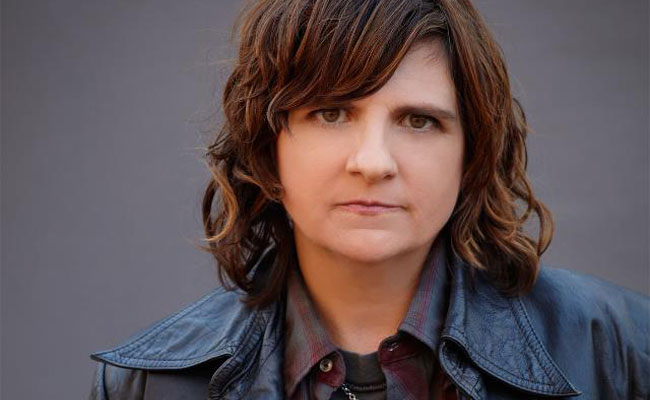It’s interesting how much thought goes into being effective activists. Because there is definitely a right and wrong way to do it.
We love writing and playing music, but it wouldn’t be as poignant to us if we didn’t have this other stuff going on. It’s energizing to work on some kind of fundraising campaign for a school for refugee kids at the same time that we’re working on a new record. It gives us more of a purpose. It’s like, “If this record does really well, we can do a bigger ‘Honor the Earth’ tour.” That’s how both of our minds work, so we’re lucky in that way. It makes it fun to connect our strategy for our music with our strategy for our activism.
Is there a key to doing it without sounding preachy?
I don’t know, sometimes we do sound preachy, and it’s just because we’re enthusiastic and we get carried away. Something else I’ve learned along the way is that things are not black and white. For instance, if you’re working on the environmental impacts of coal mining, you need to be thinking about the jobs that are in that community from coal mining, and what it means to those people to have a job. You try to talk about things in a way that is in the interest of the people in the community and not just in the interest of your self-righteous principles. It’s really important to let people in that community talk. So if we were working on an issue around buffalo and cattle farmers out in Yellowstone, we’d work with some ranchers who were pro-buffalo to talk about the issues to other ranchers, because it’s ridiculous for us to go in there as southeastern white people who know nothing about ranching. It’s not effective, either. It’s like the hippies invading a conservative town. You have to have empathy for the other side of the equation. There are a lot of gray areas, and you really need to respect the other side no matter how self-righteous you feel.







